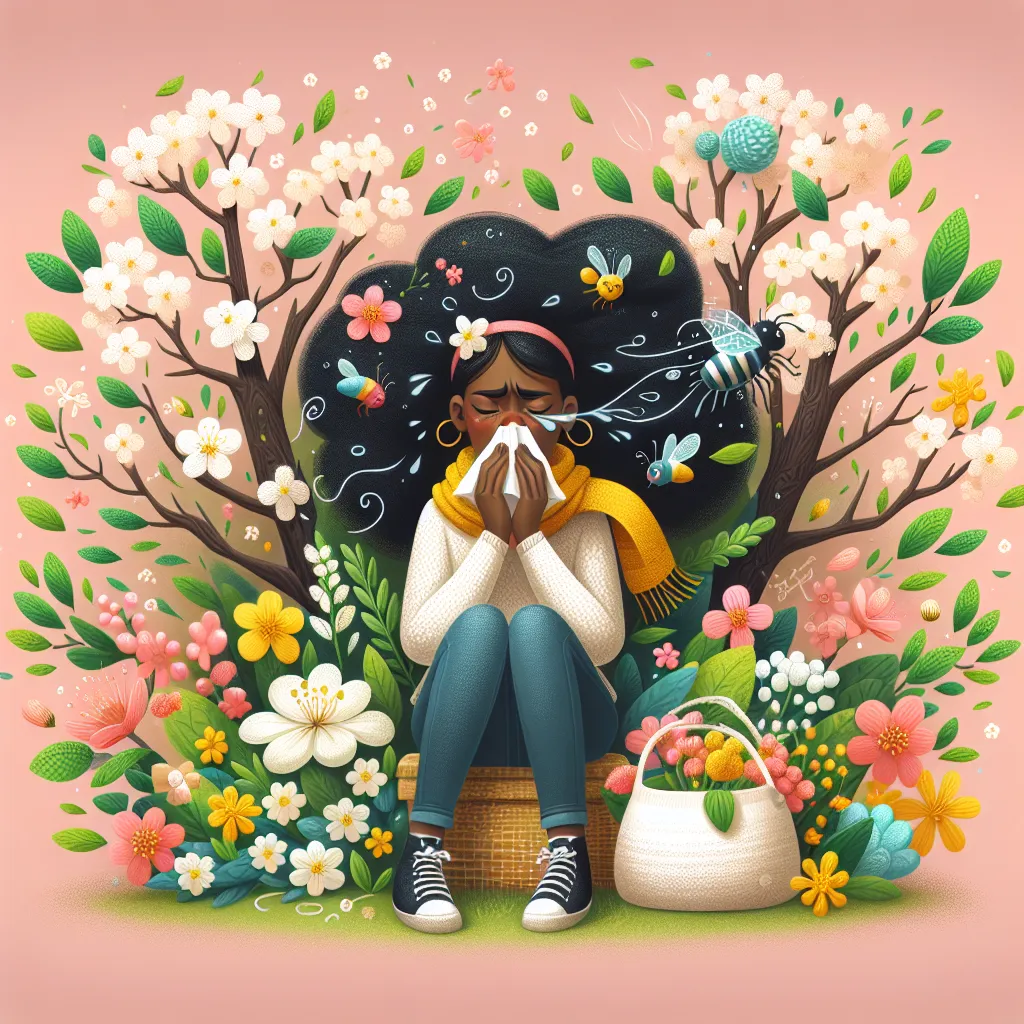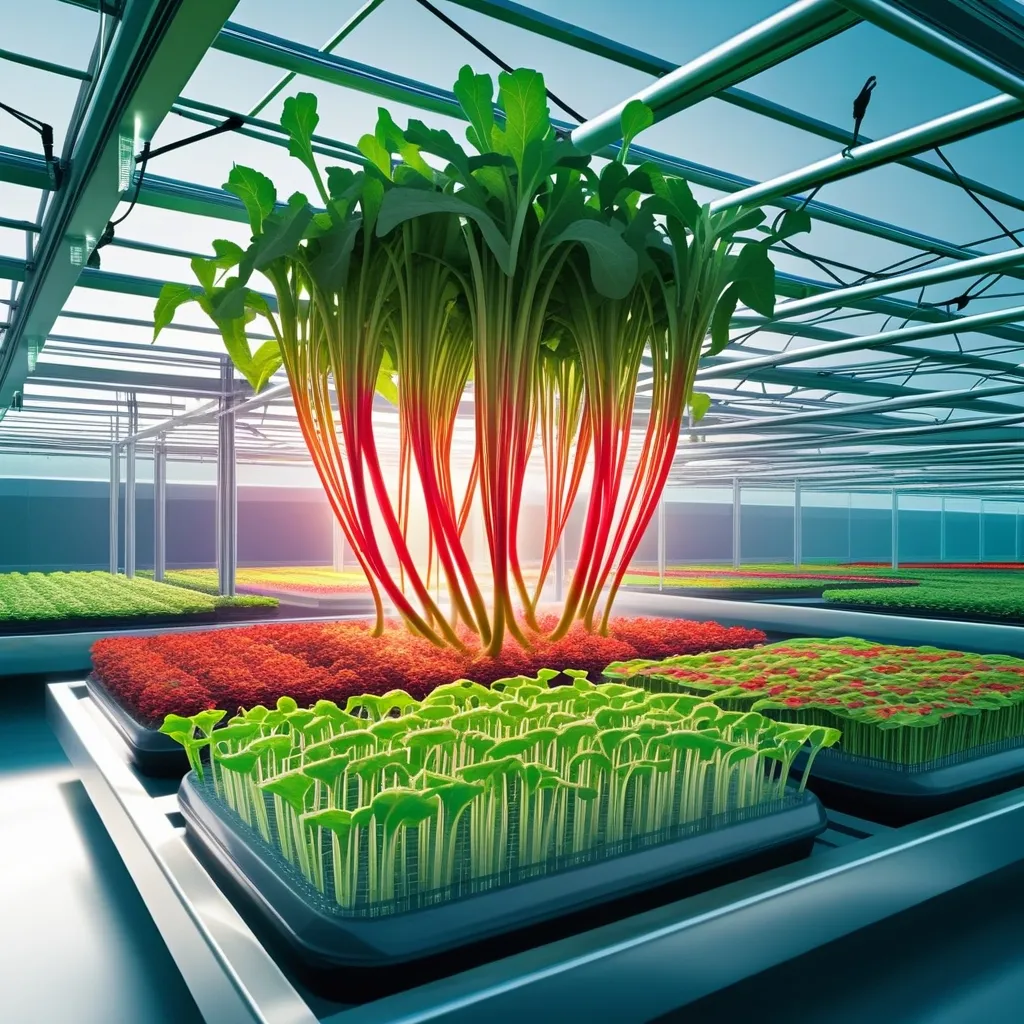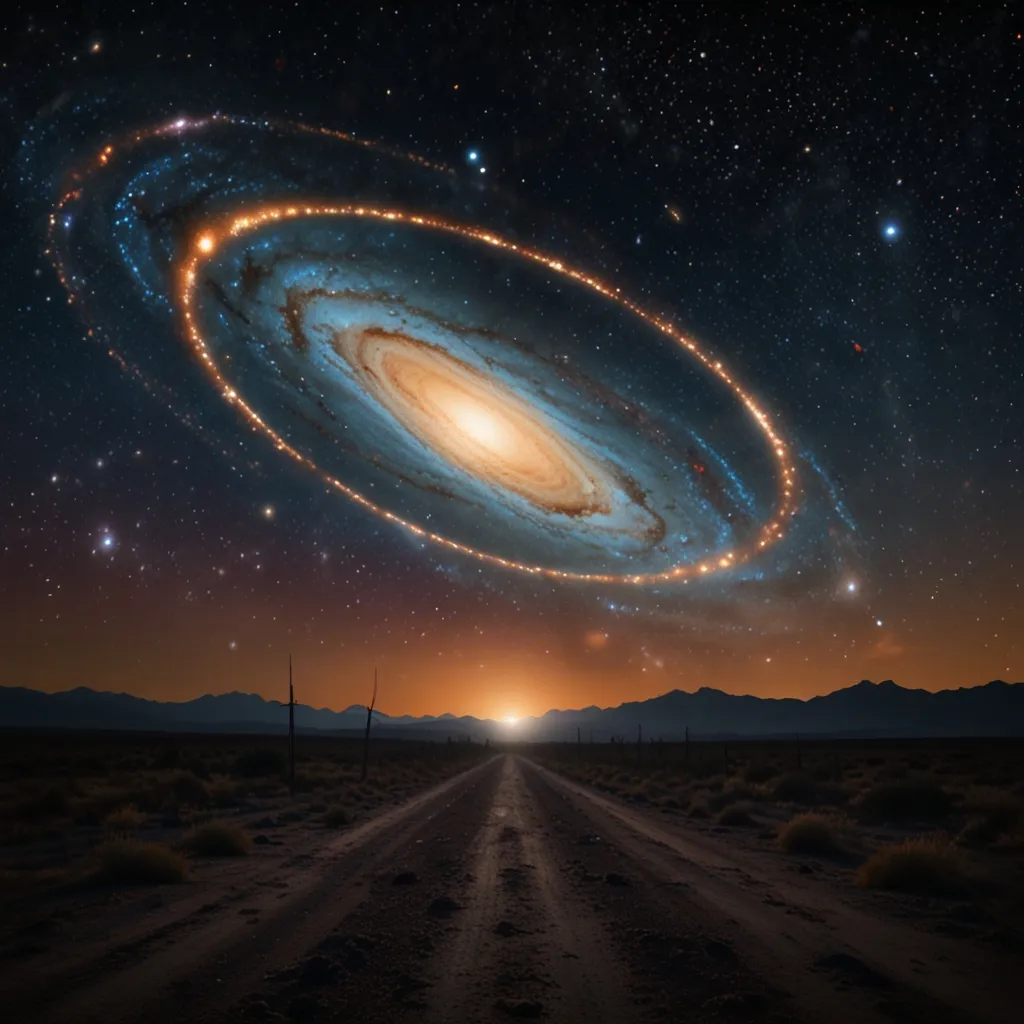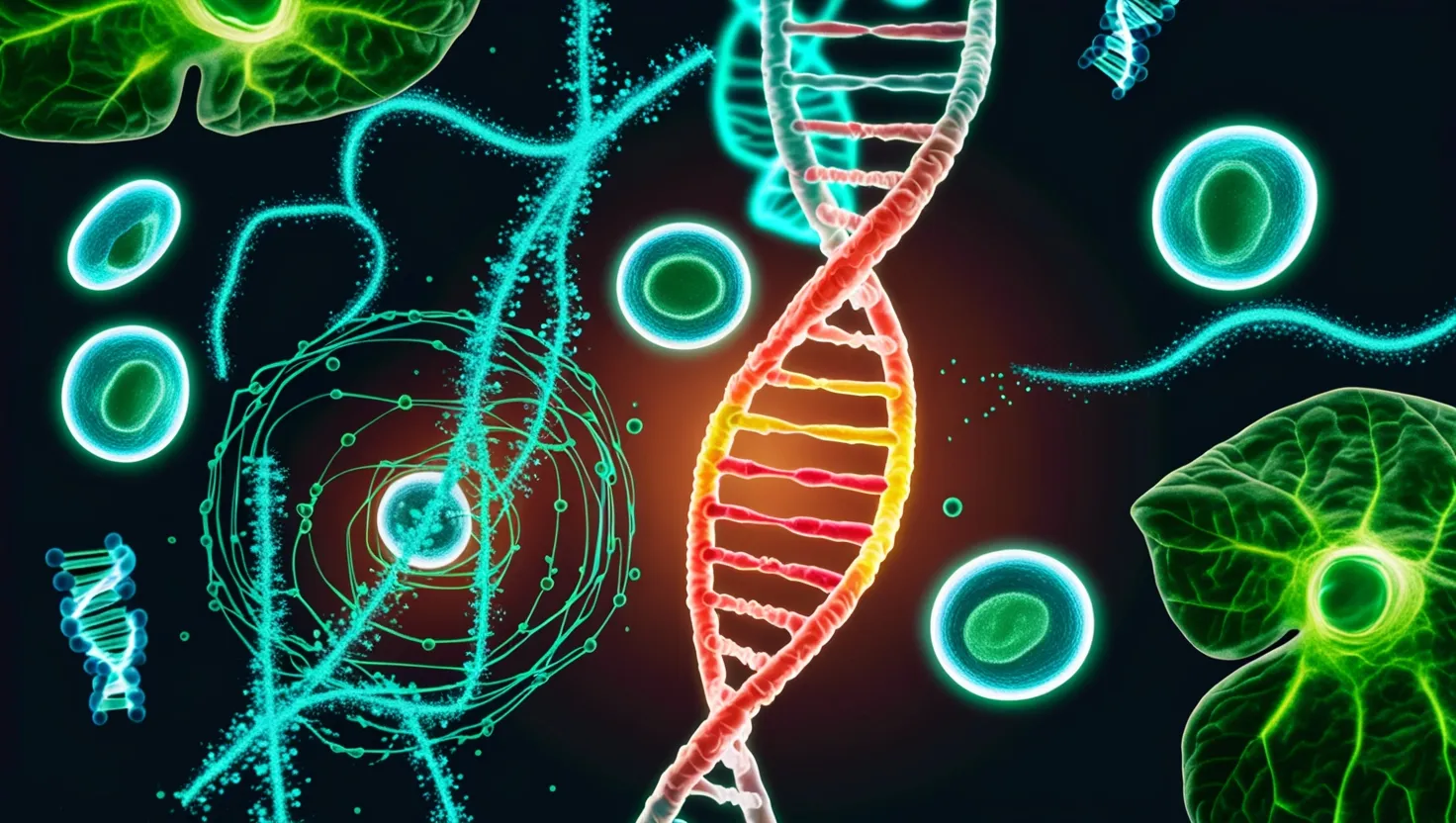Ah, springtime. For some, it’s all about growing grass, blooming flowers, and fresh leaves on trees. But for many of us, it’s also the season of sneezing and tissue boxes. If you’re someone who dreads stepping outside because allergy season strikes hard, I feel your pain. A few minutes under the sun, and suddenly you’re a mess of sneezes, congested sinuses, runny nose, and itchy eyes. Welcome to the world of seasonal allergies.
So what’s causing all this havoc in our bodies? It’s none other than our own immune system. Seasonal allergies, often known as hay fever or allergic rhinitis, are basically an overreaction of our immune system to harmless substances like pollen and mold spores. When these particles get into our mucous membranes, our body mistakenly attacks them as if they were harmful invaders like bacteria.
Our immune system isn’t actually out to get us; it’s just doing its job a little too well. When it first encounters a foreign substance it deems dangerous, it produces specific antibodies to identify and remember it. This way, the next time this “threat” appears, our immune system is ready to respond—sometimes too ready. The white blood cells release chemicals like histamine, causing blood vessels to swell and nerves to react. The result? All the unpleasant symptoms we know too well: itching, sneezing, congestion, and a runny nose.
Allergies often start showing up in childhood, but why do some kids get them while others don’t? Genetics play a big role here. If your family has a history of allergies, you’re more likely to develop them too. Errors in certain genes that regulate the immune system are linked to higher rates of allergies. Your environment also matters. Being exposed to various allergens as a baby can actually make you less likely to develop allergies later.
Some interesting theories explain why differences in our upbringing affect allergy development. One is the hygiene hypothesis, suggesting that growing up in too-clean environments deprives our immune system of fighting off the usual microbial suspects it evolved to handle. As a result, it overreacts to harmless substances like pollen. Another theory posits that kids exposed to more pathogens grow a tougher immune system, making them less likely to develop allergies.
Pollen isn’t the only culprit. Dust, animal dander, insect venom, certain medications, and some foods can also set off allergic reactions. And while most are not life-threatening, some can escalate into severe anaphylaxis, which includes intense swelling, trouble breathing, and dangerously low blood pressure. In extreme cases, the body can even turn against itself, leading to autoimmune disorders like multiple sclerosis and lupus.
Dealing with mild but annoying allergy symptoms? There are ways to fight back. Medications like antihistamines can block the inflammatory response. Steroids can also help regulate the immune system. Another long-term solution is immunotherapy, where controlled exposure to allergens trains your immune system to chill out. And for the daring, there’s an unconventional option: intestinal parasites. Hookworms, which are largely absent in industrialized countries, have been shown to reduce allergic reactions by modulating the immune system.
Ultimately, you can always wait it out. The intense pollen flurry of spring usually winds down by mid-summer, just in time for another wave—ragweed season. But that’s a story for another day.






